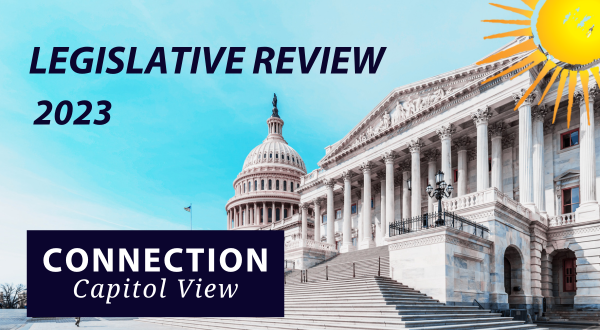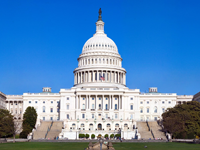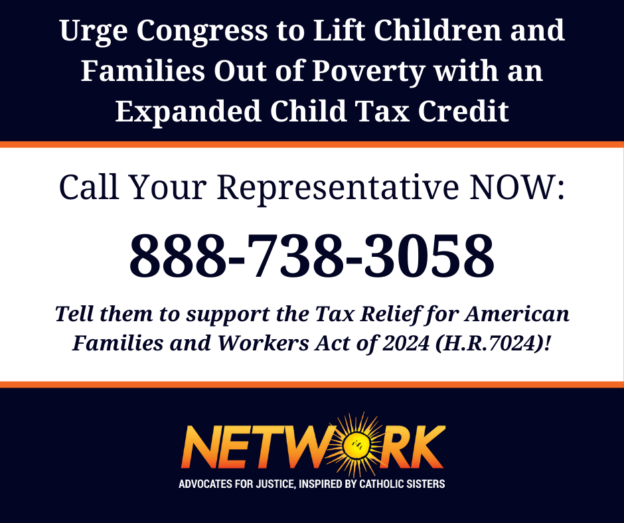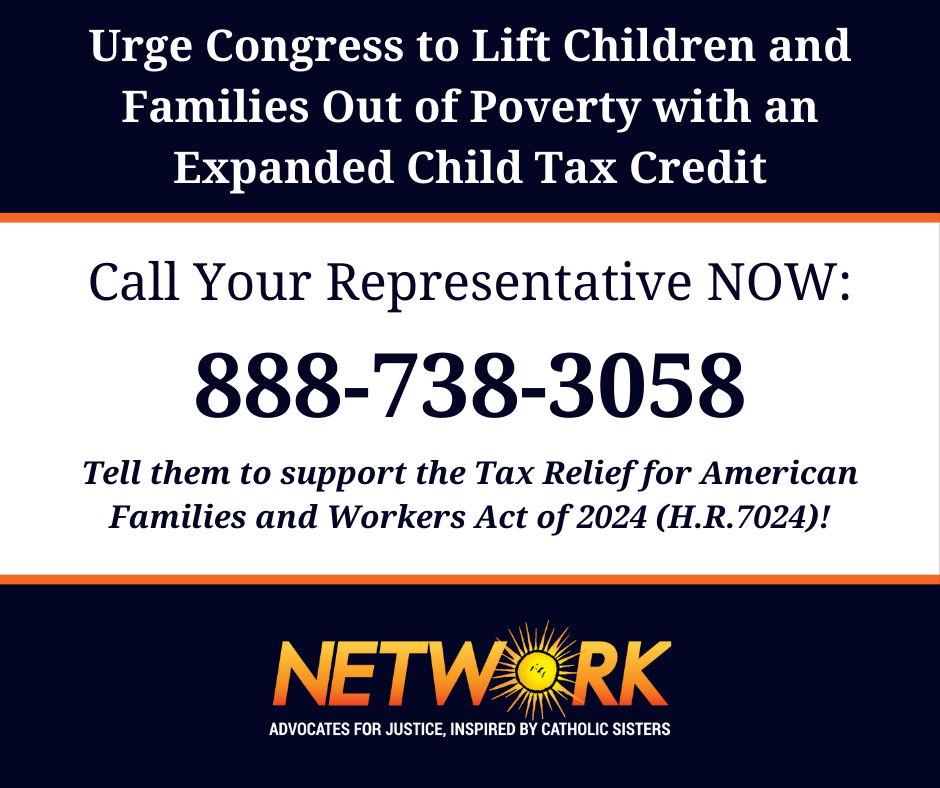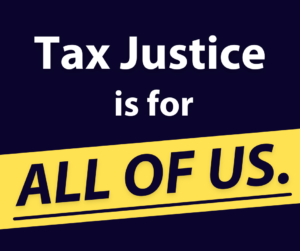Lent 2025: Giving Up Billionaires
Welcome to week 5 of our Lenten series, “Giving Up Billionaires,” as we call on Congress to give up billionaires so our communities can have what we need to thrive. Click here for the rest of our Lenten reflections and actions.

Congress: Keep Families Together, End Private Prison Profits
Sr. Emily TeKolste, SP
April 2, 2025
On a recent call with investors, Damon Hininger, CEO of private detention company CoreCivic, called this “one of the most exciting periods in my career.” He was referring to President Trump’s executive orders targeting immigrants–and Congress’s passage of a bill that would force the detention of some of our immigrant neighbors without due process.
It is reprehensible that President Trump’s actions to militarize our neighborhoods, tear families apart, and devastate our communities is an “exciting” career moment for an ultra-wealthy CEO.
The budget reconciliation bill that is moving through Congress includes more than $300 billion in funding for the Trump administration to detain and deport our immigrant neighbors, and to fund tax breaks for the ultra-wealthy. Republicans in Congress plan to pay for all of that by cutting our Medicaid and SNAP.
Take action
- Call your House Member at 1-888-897-9753 to ensure that Congress does not pay for more tax breaks for the ultra-wealthy and more funding to detain and deport our immigrant neighbors by cutting Medicaid and SNAP in the budget reconciliation bill.
- Spread the word. Save the image that I’ve placed below to your computer or phone, then share it on social media or email it to friends and family.
- Write a letter to the editor (LTE) calling Congress to reject the budget proposal. LTEs are one of the most effective advocacy tactics. If you’d like to receive LTE training, join us on Thursday, April 10 at 7:00 PM Eastern / 4:00 PM Pacific at our LTE training at our upcoming LTE workshop to learn some LTE best practices.
Find more LTE and social media guidance in our Lent toolkit.
Nearly all people in U.S. Immigration and Customs Enforcement (ICE) detention are held in private prisons operated by companies like CoreCivic and GEO Group. In 2022, GEO Group made $1.05 billion from ICE contracts, or 43% of its total revenue. And following Trump’s electoral victory in November, stock prices for private prison companies soared.
That’s why these private corporations are funding politicians who drum up anti-immigrant narratives.
In total, the American Immigration Council estimates that the mass deportations promised by the Trump campaign would cost $1 trillion and take ten years to carry out. With a significant portion of that money going to private contractors who celebrate this as “wins,” it’s no wonder the ultra-wealthy want us to think that immigrants are the problem. They simply deflect blame from where it belongs – among some lawmakers and their ultra-wealthy backers who hoard wealth and power, making life worse for all of us.
While some lawmakers and their ultra-wealthy backers try to divide us with hate and fear, we aren’t falling for it. Immigrants are our family members, neighbors, coworkers, and friends. No matter where we come from, we all work hard and dream of a good life for ourselves and our families. Together, we can reject scapegoating and demand that our elected officials stop caging families and invest in our communities in ways that benefit all of us.
TAKE ACTION: Call your House member today at 1-888-897-9753 and tell them to protect SNAP and Medicaid and reject funding for detention and deportation and tax cuts for billionaires in the budget proposal! Then, use our Lent toolkit to write an LTE calling Congress to reject the budget proposal.
NETWORK has more shareable content, sample social media posts, and LTE guidance for you in our Lent Toolkit.
Sr. Emily TeKolste, SP is NETWORK’s Grassroots Mobilization Coordinator. To read more, check out her column in Global Sisters Report, “The existence of billionaires is immoral.”










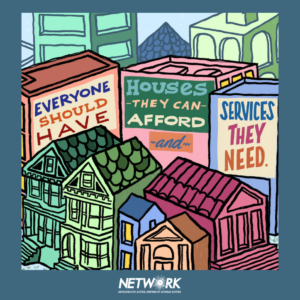
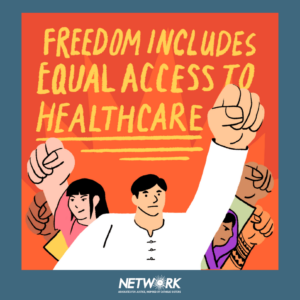
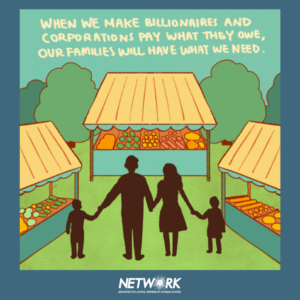
 Sr. Emily TeKolste, SP is NETWORK’s Grassroots Mobilization Coordinator. To read more, check out her column in Global Sisters Report,
Sr. Emily TeKolste, SP is NETWORK’s Grassroots Mobilization Coordinator. To read more, check out her column in Global Sisters Report, 



